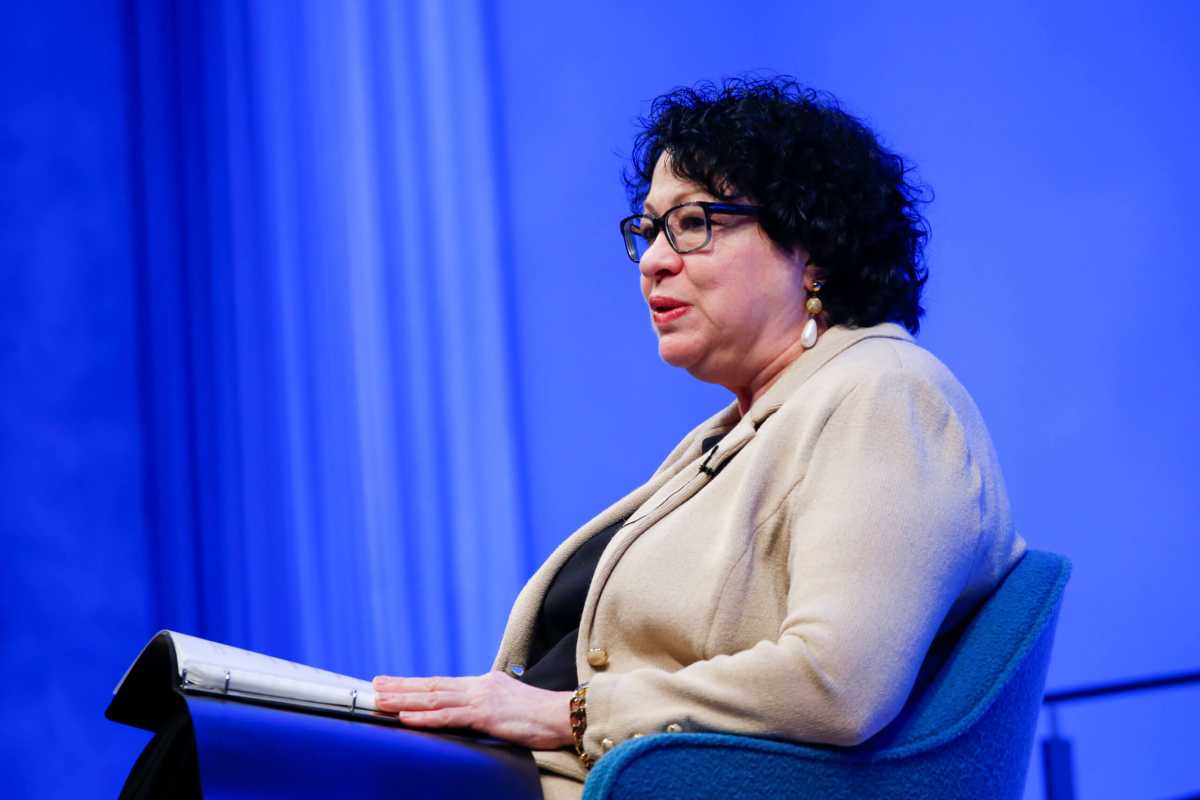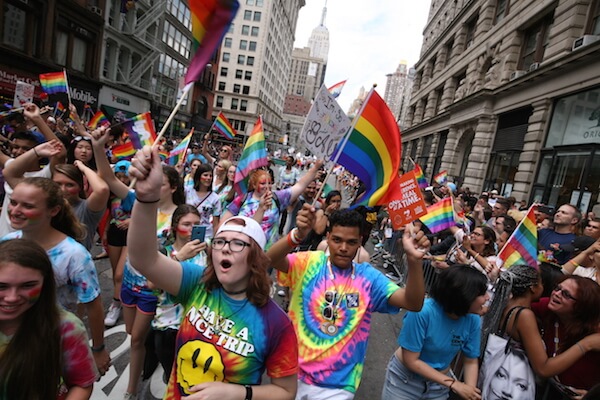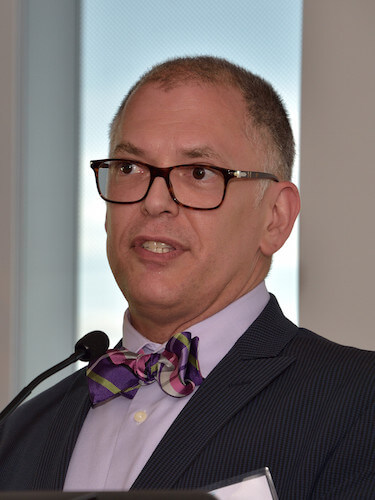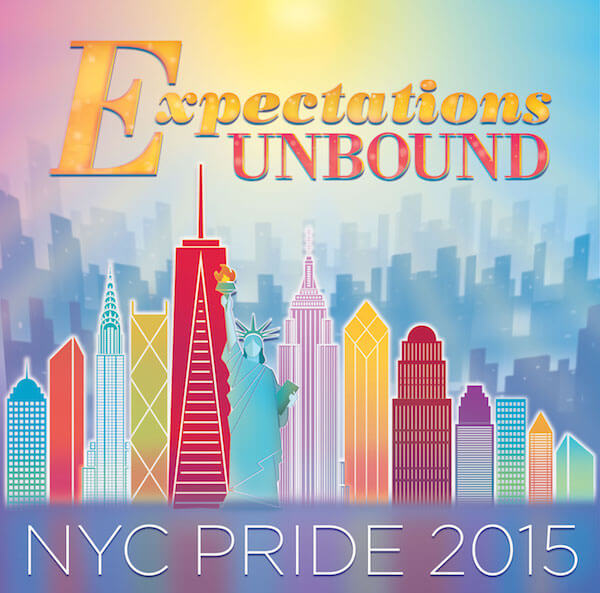After the Supreme Court on July 8 expanded a “ministerial exception” to anti-discrimination laws in a victory for religious schools, several legal groups and LGBTQ Catholics expressed similar concerns that the ruling could put the employment status of queer workers in jeopardy.
The Supreme Court’s lopsided 7-2 ruling, which centered on a pair of Catholic school teachers who unsuccessfully sued their schools for age discrimination and violating the Americans with Disabilities Act after their contracts were not renewed, widened the scope of the religious carve-outs established by the Supreme Court eight years ago. The court ruled that individuals employed by religious schools who are tasked with teaching religion are exempt from the non-discrimination laws.
The decision was underscored by Supreme Court Justice Samuel Alito, who wrote for the majority that “the selection and supervision of the teachers upon whom the schools rely to do this work lie at the core of their mission.”
“Judicial review of the way in which religious schools discharge those responsibilities would undermine the independence of religious institutions in a way that the First Amendment does not tolerate,” Alito wrote.
Justices Sonia Sotomayer and Ruth Bader Ginsburg, who dissented, presented concerns that were echoed by LGBTQ-focused legal groups like Lambda Legal.
“Although today’s decision is limited to certain ‘teachers of religion’ … its reasoning risks rendering almost every Catholic parishioner and parent in the Archdiocese of Los Angeles a Catholic minister,” Sotomayer wrote. “That is, the Court’s apparent deference here threatens to make nearly anyone whom the schools might hire “ministers” unprotected from discrimination in the hiring process. That cannot be right. … It risks allowing employers to decide for themselves whether discrimination is actionable.”
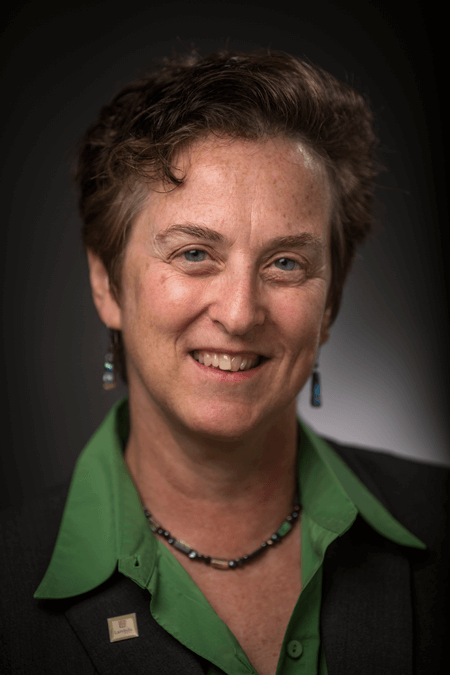
Lambda Legal’s senior counsel and law policy director, Jennifer C. Pizer, said in a written statement that the Supreme Court “opened a veritable Pandora’s Box” and put the employment status of thousands of teachers in jeopardy.
“While there is no serious dispute that top authorities at churches and religious schools are free to select those who lead worship services or teach the tenets of their faith, it stretches the term ‘minister’ beyond recognition to also include those whose jobs or duties have little to do with propagation of the faith,” Pizer said. “Teachers of secular subjects are not clergy by any reasonable understanding of the word. They should not be deemed clergy simply to shield their employers from liability for wrongful workplace practices.”
James Esseks, who serves as the director of the ACLU’s LGBT & HIV Project, also responded to the ruling, saying a written statement that the Supreme Court “made it easier for religiously-affiliated employers to discriminate — including against LGBTQ people.”
Meanwhile, Americans United for Separation of Church and State president and CEO Rachel Laser said in a written statement that the Supreme Court is redefining religious freedom and “twisting what is meant to be a shield that protects us into a sword to harm others.”
“The court elevates a distorted notion of religious freedom over fundamental civil rights,” Laser said. “Houses of worship and religious schools get to decide religious matters without government intrusion, but they shouldn’t get a free pass to fire all educators based on race, gender, age, sexual orientation, disability and other categories for which discrimination is legally forbidden. The ministerial exception is meant to apply only to genuine faith leaders. It should not be exploited to justify discrimination against math, gym, and computer teachers, who clearly aren’t ministers.
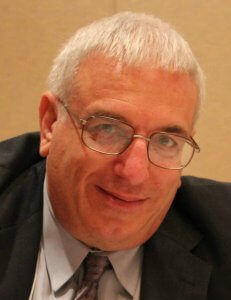
LGBTQ Catholic Church leaders like Francis DeBernardo, the executive director of LGBTQ Catholic group New Ways Ministry, were especially dismayed. DeBernardo described the ruling as a “sad and contradictory follow-up” to the June 15 Supreme Court ruling ensuring employment protections for LGBTQ workers. He worries that the ruling could pave the way for more firings of queer workers.
Contrary to the ruling, DeBernardo said Catholics have “internalized” the Church’s historic focus on non-discrimination in teachings about workers’ rights, and they “see the wisdom” in applying such an approach towards LGBTQ people employed by church agencies. He also stressed that any effort to fire queer workers would spell doom for the Catholic Church considering that it employs countless LGBTQ people in different capacities.
“They are teachers, social workers, nuns, doctors, nurses, parish administrators, priests—and, yes, even bishops themselves,” DeBernardo added. “Were all LGBTQ people fired from their church jobs, the work of the church would come to a screeching halt. Nothing would get done.”
He continued, “If bishops feel they have achieved a victory with this court ruling, they are sorely wrong. If they exercise their new powers by continuing discriminatory employment practice, they not only will lose some of their best employees, but they will also lose what little respect lay Catholics still hold for the church’s leaders.”
To sign up for the Gay City News email newsletter, visit gaycitynews.com/newsletter.

